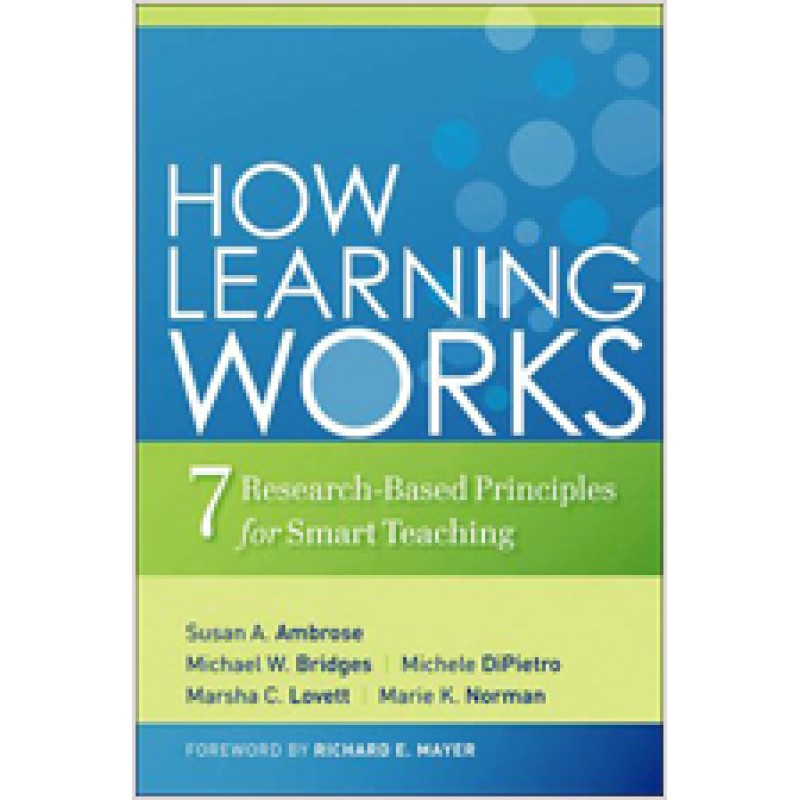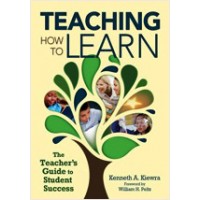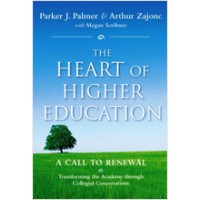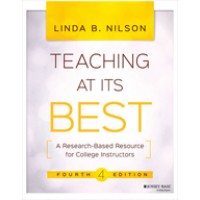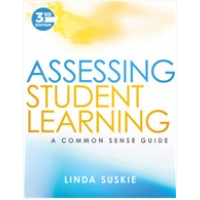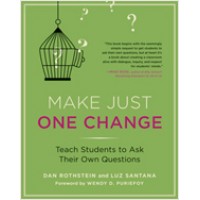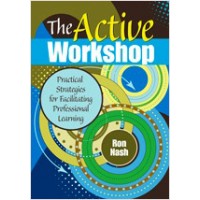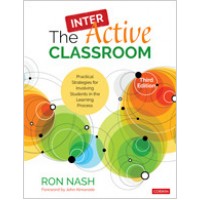How Learning Works: Seven Research-Based Principles for Smart Teaching, April/2010
| Author(s) | Susan A. Ambrose, Michael W. Bridges, Michele DiPietro, Marsha C. Lovett, Marie K. Norman, Richard E. Mayer (Foreword by) |
| ISBN10 | 0470484101 |
| ISBN13 | 9780470484104 |
| Format | Hardcover |
| Pages | 336 |
| Year Publish | 2010 April |
Synopsis
Distilling the research literature and translating the scientific approach into language relevant to a college or university teacher, this book introduces seven general principles of how students learn. The authors have drawn on research from a breadth of perspectives (cognitive, developmental, and social psychology; educational research; anthropology; demographics; organizational behavior) to identify a set of key principles underlying learning, from how effective organization enhances retrieval and use of information to what impacts motivation. Integrating theory with real-classroom examples in practice, this book helps faculty to apply cognitive science advances to improve their own teaching.
About The Authors:
Susan A. Ambrose is associate provost for education, director of the Eberly Center for Teaching Excellence, and teaching professor in the Department of History at Carnegie Mellon University in Pittsburgh, Pennsylvania.
Michael W. Bridges is director of faculty development at UPMC St. Margaret Hospital in Pittsburgh, Pennsylvania.
Michele DiPietro is associate director for graduate programs at the Eberly Center and instructor in the Department of Statistics at Carnegie Mellon.
Marsha C. Lovett is associate director for faculty development at the Eberly Center and associate teaching professor in the Department of Psychology at Carnegie Mellon.
Marie K. Norman is a teaching consultant and research associate at the Eberly Center and adjunct professor of anthropology at Carnegie Mellon.
The Eberly Center for Teaching Excellence at Carnegie Mellon University was created in 1982 with a mission to distill the research on learning for faculty and graduate students and to collaborate with them to design and implement meaningful educational experiences. The center's work is based on the idea that combining the science and art of teaching empowers college faculty to create the conditions for students to learn and, through this learning, transform their world.

